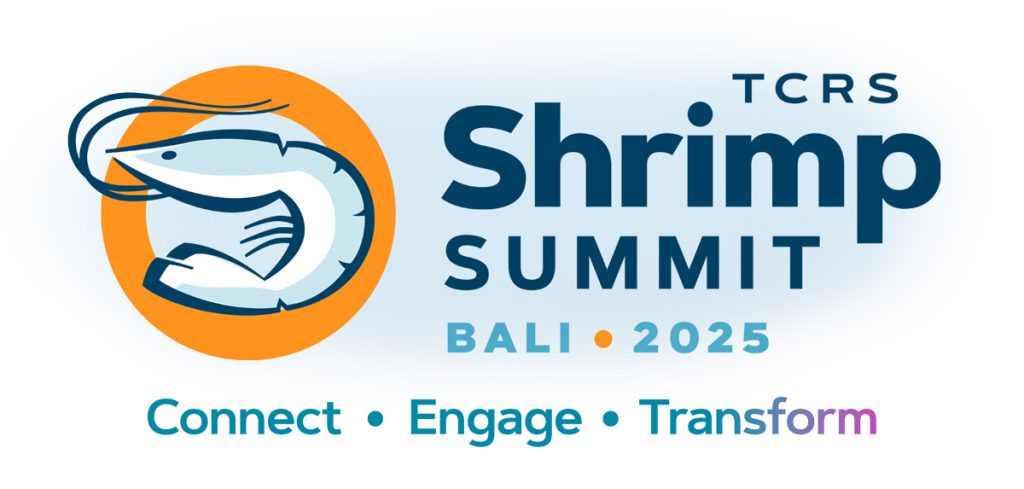
This session reviewed the enormous strides that are making digital technology affordable to smallholder shrimp farms, improving their efficiency, profitability, and sustainability. Several advances are particularly important, including digital traceability, which includes hatchery, farm, feed mill, and processing plant; more accurate estimates of shrimp biomass to improve feed efficiency and water quality; and access to insurance and financing.
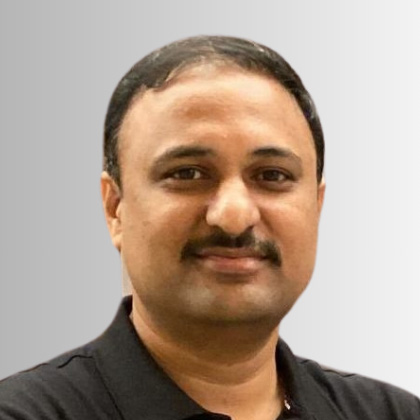
Pavan Kosaraju is the CEO of AquaExchange Agritech. At AquaExchange, Pavan is using the latest tools in technologies such as Bio-engineering, IoT and ML to transform the AquaCulture sector. His company has currently automated more than 10% of all shrimp farms in India. Over a career spanning 20 years working in Germany and India with firms such as Infosys, SAP Labs and KPMG, Pavan has acquired deep knowledge of the technology and financial modeling sectors which he is currently using to add value to the aquaculture farmers. Pavan holds an engineering degree from IIT Madras, an MBA from esmt, Berlin and is FRM certified from GARP, USA.
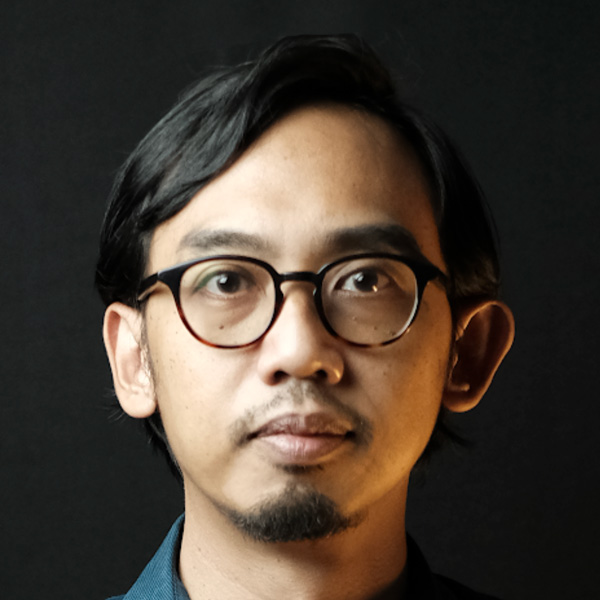
Aryo Wiryawan is the Co-Founder and Chairman of JALA Tech, a startup focused on advancing sustainable practices in the aquaculture industry. With a background in technology and a deep commitment to environmental stewardship, Aryo works to develop solutions that improve efficiency and reduce ecological impacts in shrimp farming. At JALA Tech, Aryo has guided the creation of an IoT-driven platform designed to provide shrimp farmers with actionable, real-time data. This platform helps farmers remotely track critical factors such as water quality, oxygen levels, and feeding schedules, enabling more informed decisions that enhance productivity and sustainability. JALA Tech has also expanded its business upstream by operating its own internal farms through initiatives like the Climate Smart Shrimp Farm (CSSF), ensuring that JALA remains at the forefront of technological innovation and sustainability in aquaculture.
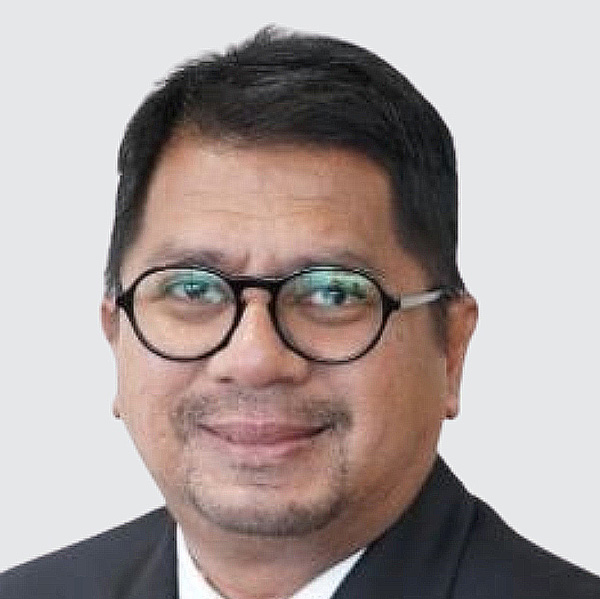
Berny A. Subki is a Director of Logistics at Ministry of Marine Affairs and Fisheries Indonesia. His task is to direct and implement national system of fisheries logistics (SLIN) goes along with Blue Economy development principles for marine and fisheries sector. He has quite experiences from onsite, technical, science-engineering, and management tasks in almost 25 years service at the Ministry until today. The last 2,5 years he and his team improve fisheries digitalization thru STELINA and started April 2025 by Ministerial Decree Number 32/2024 of Stelina, has become mandatory for five main actors from upstream to downstream.

Huw Thomas founded 3 Pillars Seafood in 2020 to provide responsible sourcing and supply chain advice to seafood processors, retailers, and non-governmental organisations. With a career spanning nearly 30 years in the seafood world Huw has been Fisheries & Aquaculture Manager of a UK retailer, led the market engagement work for a US-based trust aiming to end illegal fishing, the Technical Director of one of the UKs leading chilled seafood processing companies and run a shrimp processing plant in Vietnam. At The Global Dialogue on Seafood Traceability (GDST), Thomas acts as Executive Director leading the organisation to achieve its vision of a world where universally adopted, digital traceability promotes trust in fishery and aquaculture supply chains.
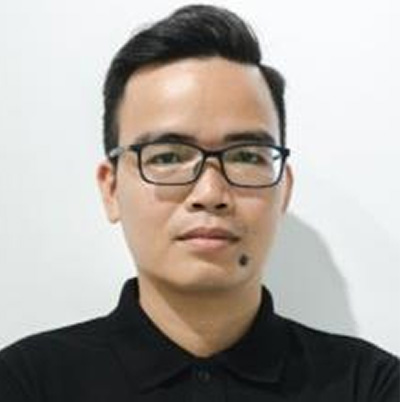
Vu is a key member of Otanics Technology, the team behind TOMOTA — a smart solution for the shrimp industry. In just three years, he and his teammates have brought TOMOTA to 34 countries to help shrimp farmers make better decisions through data. Their vision is to enable full traceability and connection — from hatchery to table.
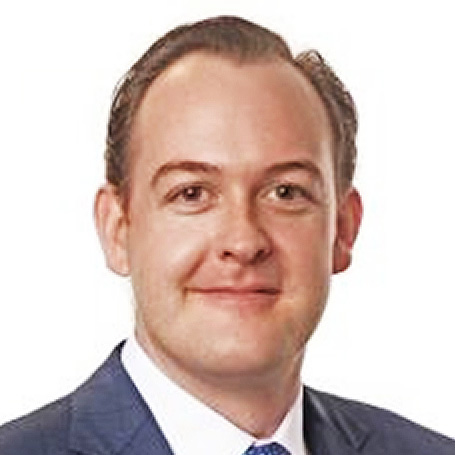
Ciaron is the driving force behind the commercialisation of Shrimpl’s next-generation aquaculture platform. He brings two decades of success as a CEO in trading and agri-business investments. Ciaron focuses on fostering productivity, competitiveness, and positive social impact through value chain redevelopment.